Energy

Educators and Parents, Sign Up for The Cheat Sheet
Weekly updates to help you use Science News Explores in the learning environment
Thank you for signing up!
There was a problem signing you up.
-
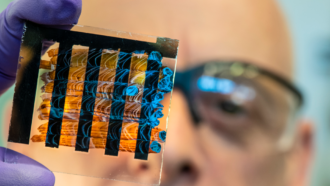 Materials Science
Materials ScienceThe future of crystal-based solar energy just got brighter
Researchers have upped the efficiency of layered solar cells that could be printed or painted onto surfaces. Now they are working to make them more rugged.
-
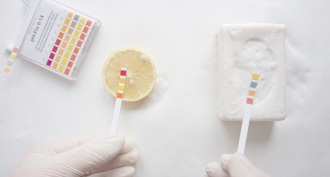 Chemistry
ChemistryExplainer: What are acids and bases?
These chemistry terms tell us if a molecule is more likely to give up a proton or pick up a new one.
By Lida Tunesi -
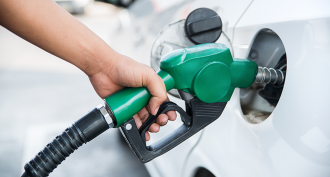 Earth
EarthExplainer: Where fossil fuels come from
Despite one oil company famously using an Apatosaurus as its logo, oil, gas and coal don’t come from dinosaurs. They do, however, come from a long time ago.
-
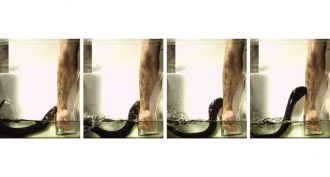 Animals
AnimalsAnalyze This: Electric eels’ zaps are more powerful than a TASER
Shocking! A biologist reached his hand into a fish tank and let an electric eel zap him. It let him measure precisely how strong a current it could unleash to defend itself.
-
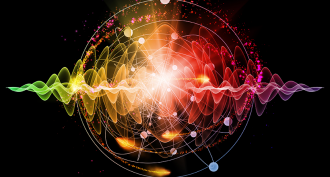 Physics
PhysicsExplainer: Quantum is the world of the super small
The word quantum often gets misused. What does it mean? Think small. Really, really small.
-
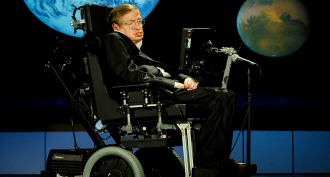 Physics
PhysicsDisabilities don’t stop these experts in science and tech
People with disabilities are as varied as the careers some of them pursue in science, technology, engineering and math.
-
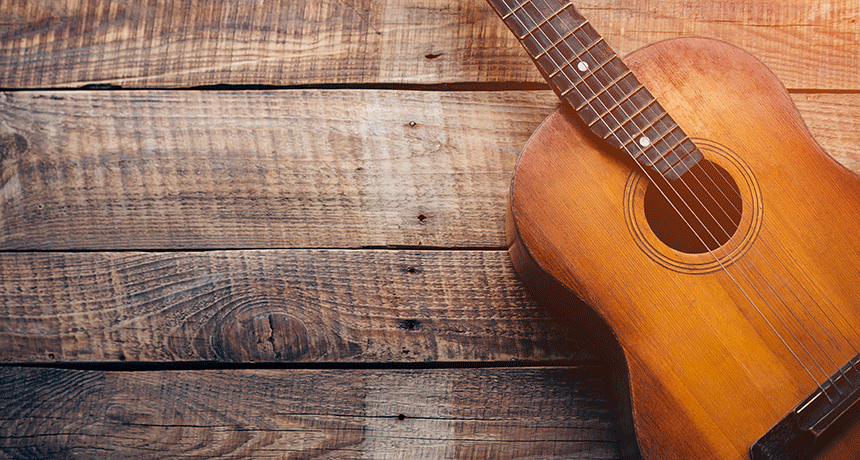 Physics
PhysicsScientists Say: Acoustic
Acoustic is an adjective used to describe something involving sound. It’s also a noun that refers to the branch of physics that studies sound.
-
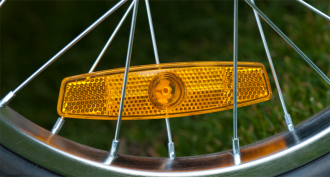 Tech
TechTeen’s invention could help light up bikes at night
A teen researcher from Georgia has developed a light that could replace reflectors on bike wheels. Flexing tires provide all the power it needs.
By Sid Perkins -
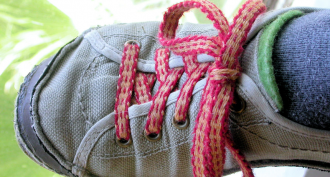 Physics
PhysicsWhy your shoelaces untie themselves
High-speed video shows how the combined motions of a shoe’s swinging and landing on the ground provoke shoelaces to come untied.
-
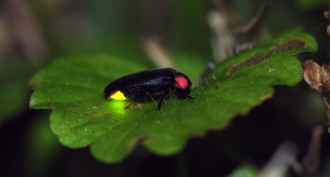 Animals
AnimalsCool Jobs: A world aglow
Three scientists probe how the natural world makes light, in hopes of using this information to design new and better products.
-
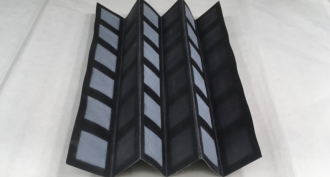 Computing
ComputingGerms power new paper batteries
New paper-based batteries rely on bacteria to generate electricity. These ‘papertronic’ power systems may be a safer choice for remote sites or dangerous environments.
-
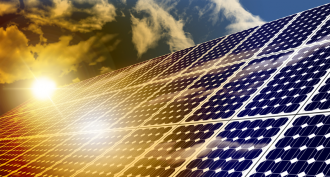 Physics
PhysicsHow to chill an object by sending its heat into space
Researchers have designed a device that can cool an object by radiating its energy into outer space. Think of it as a solar panel in reverse.
By Sid Perkins